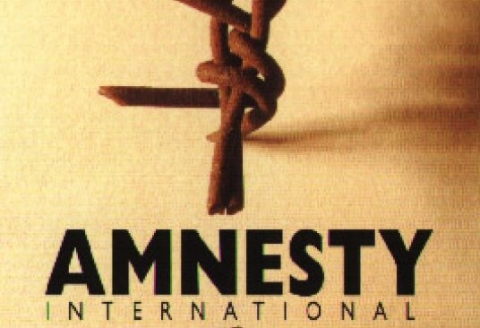Freedom from Torture
Civil Society Coalition against Torture and impunity in Tajikistan

In its Annual Report 2014/2015, which was released today, Amnesty International (AI) notes that torture and other ill-treatment of detainees remained pervasive and impunity for crimes of torture continued in Tajikistan. The government imposed further restrictions on the rights to freedom of expression, association and assembly.
Torture and other ill-treatment reportedly remained widespread despite the adoption of an Action Plan to implement recommendations by the UN Committee against Torture in 2013.
Tajikistani NGOs documented 24 cases of torture between December 1, 2013 and October 8, 2014. However, most relatives and victims declined to pursue complaints for fear of reprisals. Many more cases of torture were likely to have gone unreported.
Criminal prosecutions against law enforcement officials suspected of torture were rare, and frequently terminated or suspended before completion.
Lawyers were repeatedly denied access to their clients in detention, often for days at a time, according to the report. This was particularly common in facilities run by the State Committee for National Security.
Individuals perceived to be threats to national security, including members of religious movements and Islamist groups or parties, were reportedly at particular risk of incommunicado detention, torture and other ill-treatment.
The report notes that politicians, civil society activists and journalists were harassed for criticizing the government. In 2013-2014, some 15 lawsuits were brought against journalists and media outlets, including on charges of defamation and, in one case, criminal fraud.
Access to dozens of popular internet resources, including news websites and social media, was temporarily blocked on multiple occasions during the year. Reportedly, internet providers did so under direct orders from the state regulator Communications Service.
Human rights and other NGOs continued to operate in an insecure environment and faced pressure from the authorities. Unscheduled inspections of NGOs increased, sometimes followed by legal actions for alleged infringements of the law, the report says.